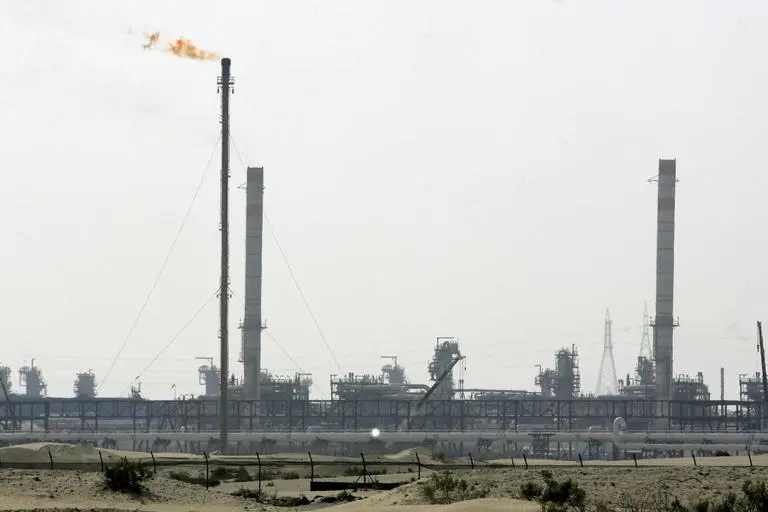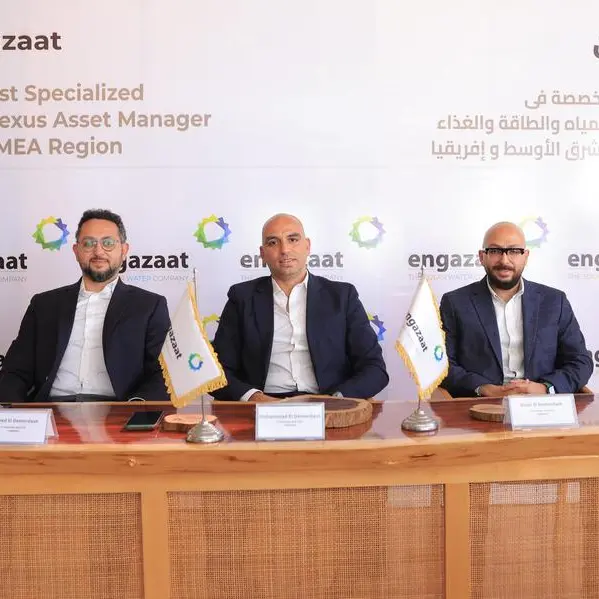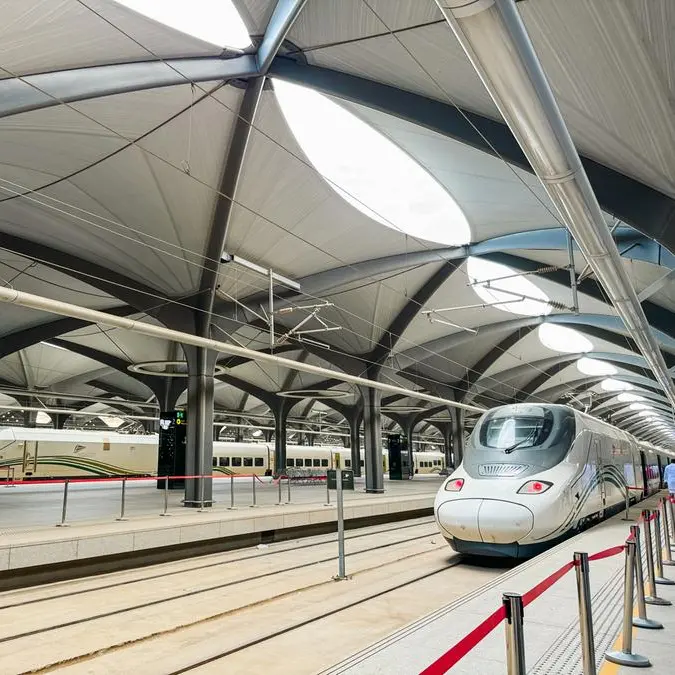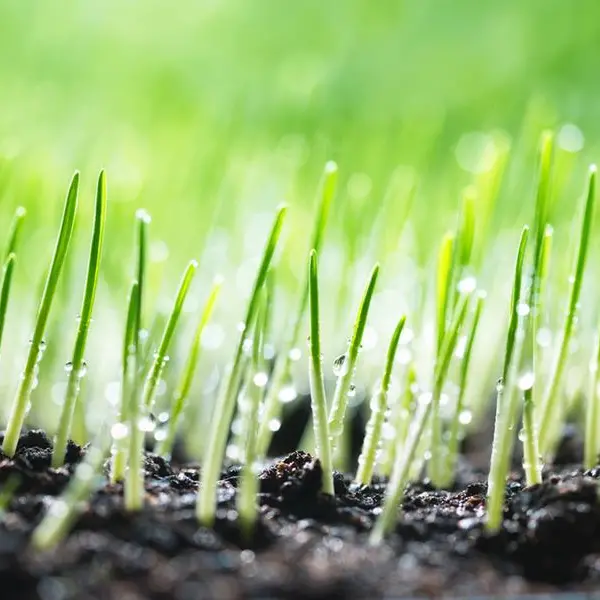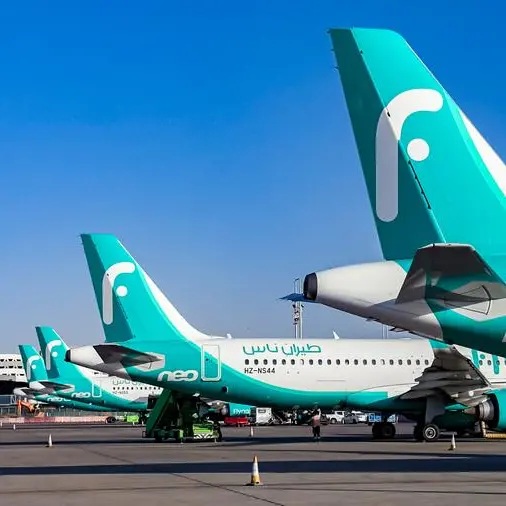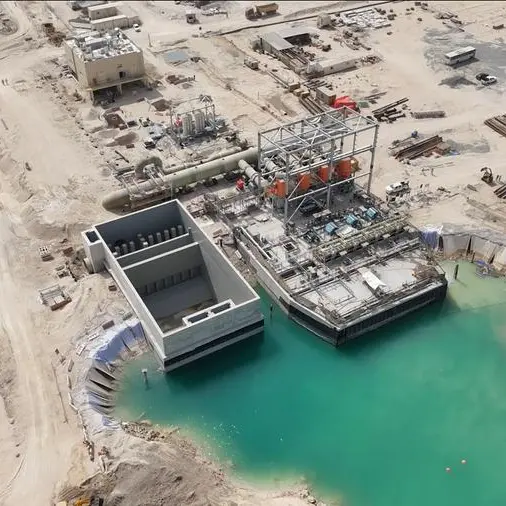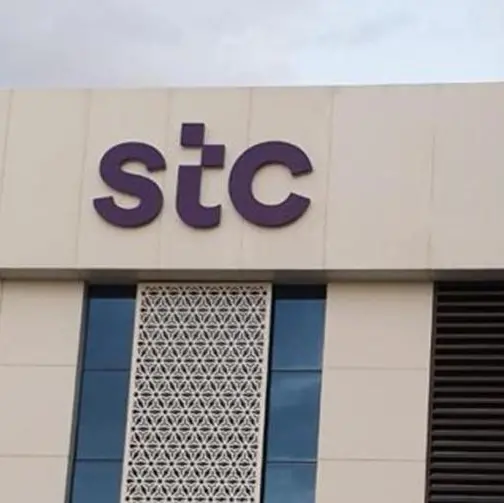PHOTO
Natural gas accounted for around 62 percent of Mubadala Petroleum's overall production for 2020 and this is expected to grow further with the startup of key development projects in its portfolio within the near term, according to its CEO Mansoor Mohamed Al Hamed.
"The energy transition remains a top consideration for us, with our strategy firmly rooted in maintaining a gas-biased portfolio of assets," Al Hamed said in Mubadala Petroleum's Sustainability Report.
In relation to other hydrocarbons, natural gas consumption emits fewer air pollutants and greenhouse gases and is forecasted to continue playing an important role in meeting an expanding need for energy globally.
Mubadala Petroleum, which is 100 percent owned by Abu Dhabi state-owned Mubadala, currently holds positions in 10 countries, with a geographic focus on upstream investments in the Middle East and North Africa (MENA), South East Asia, and Russia, and an annual working interest production of ca. 345,000 barrels of oil equivalent per day in 2020.
"Since our inception in 2012, we have expanded and diversified our asset base in the region from a primarily oil-weighted portfolio, to include gas assets in Indonesia, Malaysia and Thailand, supporting the growing demand for natural gas in the region," the CEO said.
"In Malaysia, our foundational Pegaga development project has allowed us to prove operatorship capabilities from exploration to development of a large-scale gas project, with production startup targeted for Q1 2022," Al Hamed added.
Mubadala Petroleum's non-operated interests in the MENA spans across Egypt, Oman, and it also manages the interests of its shareholder in the Dolphin gas project. "Importantly in this region, we have cemented our footprint in world-class gas assets, which meet a significant portion of domestic gas demand. This includes our 2018 investment in the Shorouk Concession in Egypt, wherein lies the Zohr producing field," Al Hamed said in the report.
Mubadala Petroleum's most recent investments included acquisitions in strategic gas assets within its regions of focus. "Our long-term investments in gas projects within Egypt, Thailand and Malaysia for example allow us to support the energy transition," he said.
(Writing by Seban Scaria; editing by Anoop Menon)
This article is provided for informational purposes only. The content does not provide tax, legal or investment advice or opinion regarding the suitability, value or profitability of any particular security, portfolio or investment strategy. Read our full disclaimer policy here.
© ZAWYA 2021
